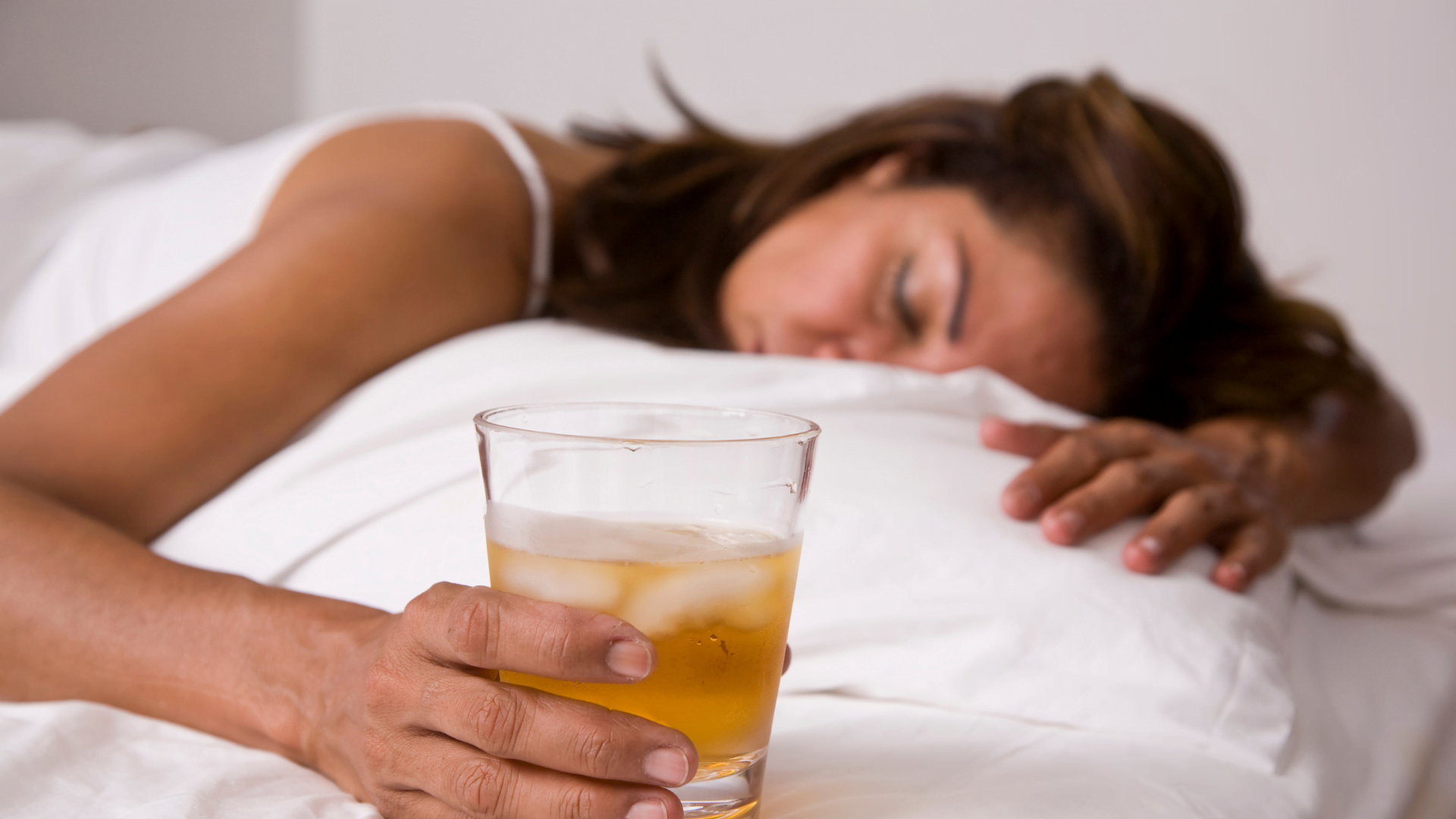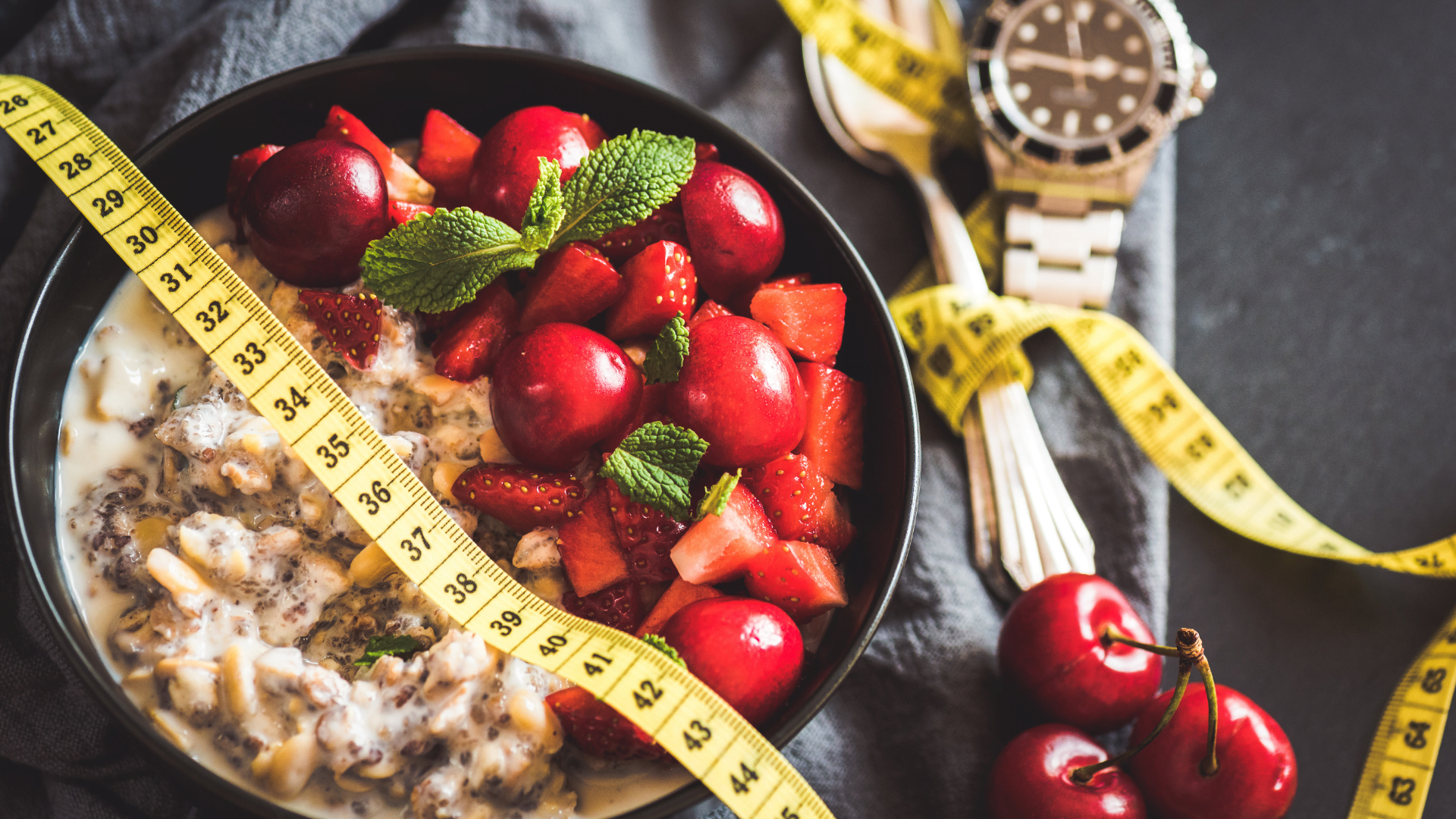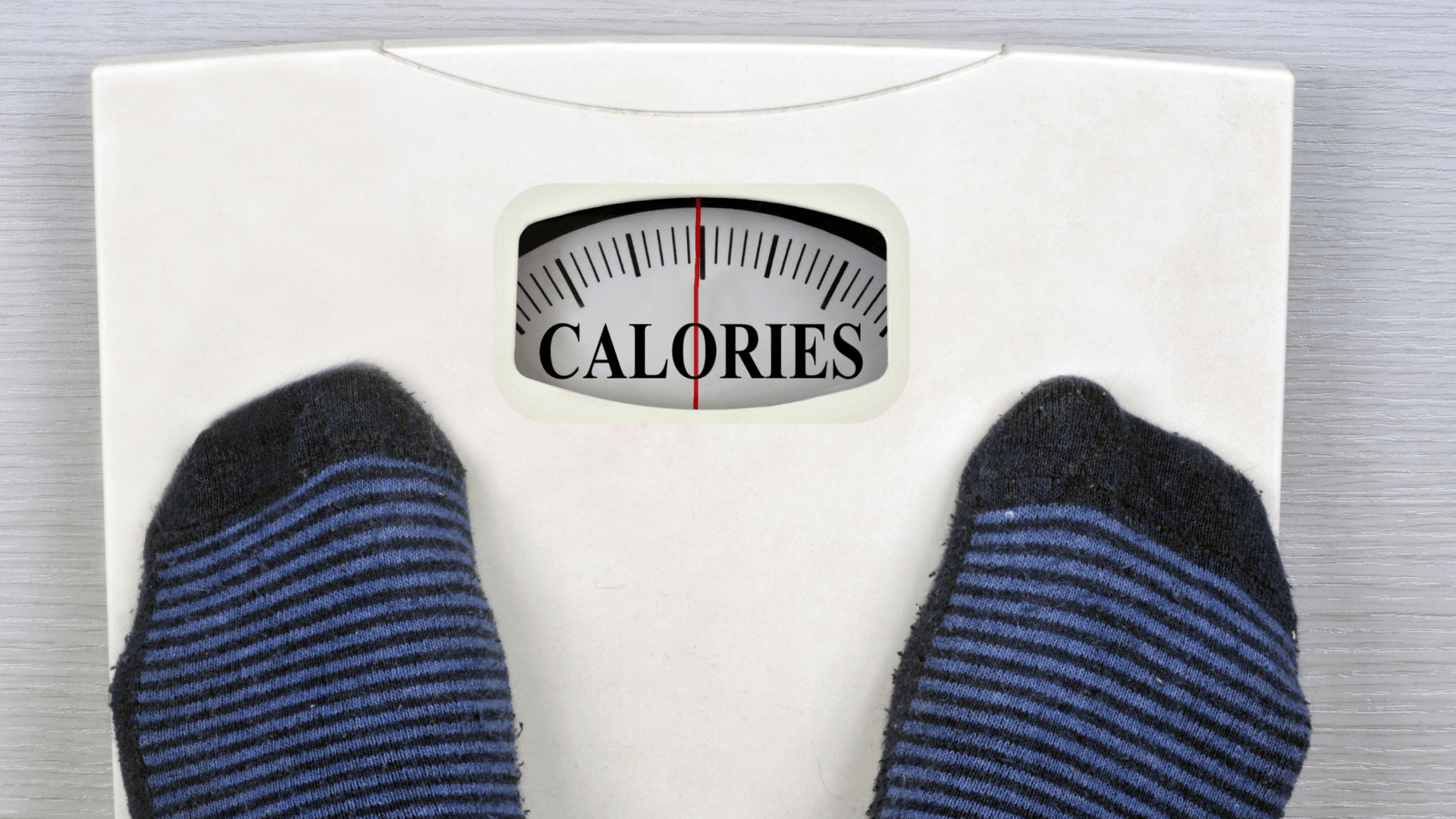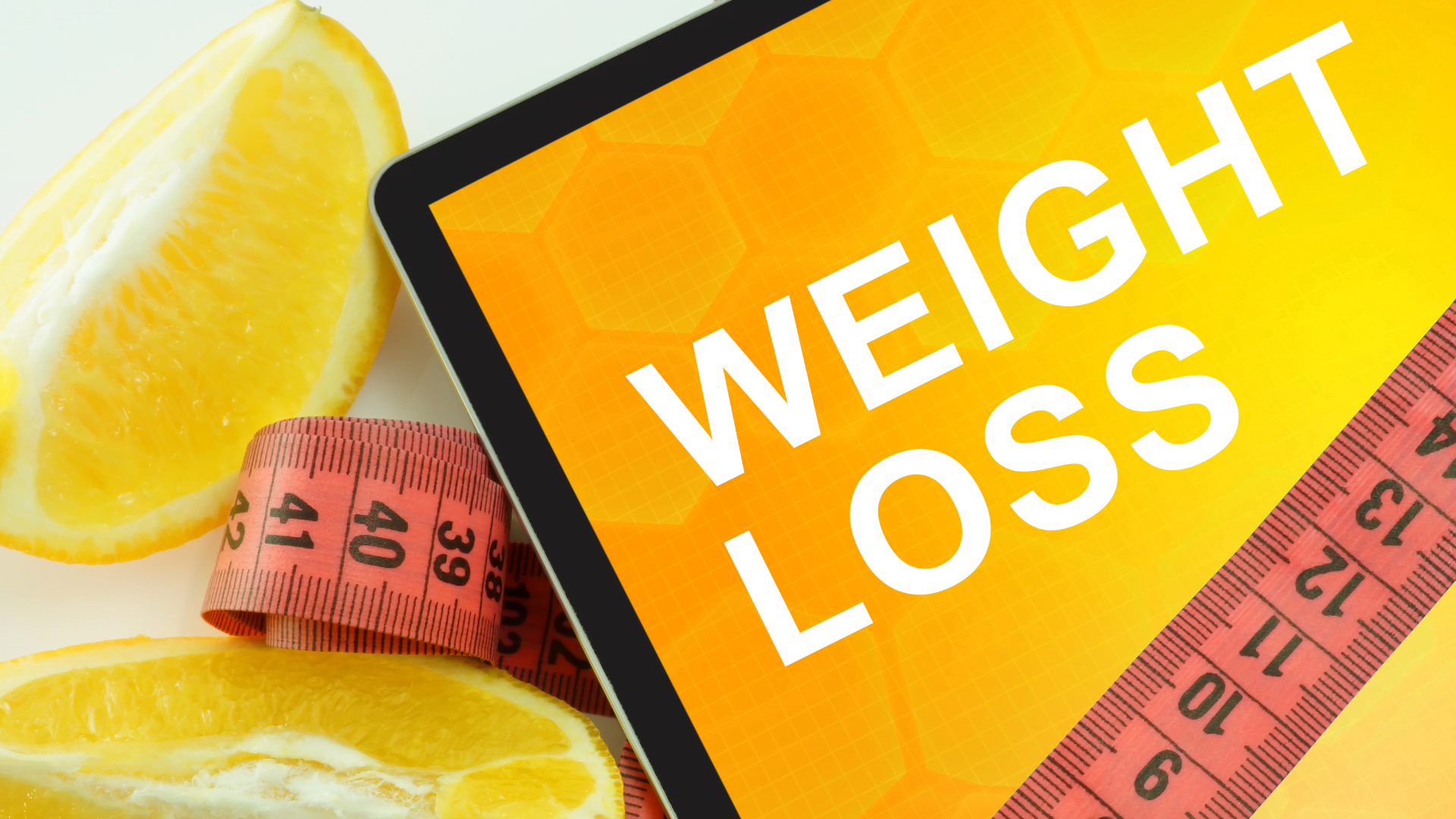Why Alcohol Does Not Give You A Good Night’s Sleep
Have you ever heard the saying that drinking alcohol will give you a good night’s sleep?
Or have you ever had a drink or two before bedtime, believing that it will help you sleep?
If you have, you’re not alone. The majority of the population believe that alcohol helps them sleep faster and better. I thought so, too.
My father was an alcoholic most of his life. I could not remember a day when he didn’t drink, either by himself or with his drinking buddies.
He was always asleep early in the evening and even during the afternoon if he started drinking early in the morning.
He stopped drinking when he was diagnosed with cancer at the age of 61. I quit my job to take care of him for 2 years until he passed away, and those were the best years I had with him.
But that’s not the point of the story. Back then, his alcoholism made me believe that alcohol helped him sleep so he could have a peaceful escape from the real world.
However, my own experience with alcohol did not seem to support this belief. Every time I had a drink or two, or even when I was quite drunk, I never ever slept well, and I never knew why.
I thought I was just different from the rest. I wondered if my Dad ever really slept well when he passed out.
How about you? How’s the quality of your sleep after your drink alcohol at night? How’s your energy level the next day? Do you feel super when you wake up?
I don’t know about you, but every time I had a drink at night, I felt rubbish the next day, and it’s not just because of hangover.
How Alcohol Affects Your Brain
Alcohol is under the class of drugs called sedatives. It sedates the different parts of your brain, such as your prefrontal cortex which is responsible for expressing your personality and moderating your social behavior.
That is why you feel more relaxed and sociable around other people when you’re drinking, and that’s the reason why alcohol is very popular and “useful” at parties and other social gatherings.
Other parts of your brain become sedated soon enough and you feel calmer and sleepy. It becomes easier for you to fall asleep and you sleep deeply during the first half of the night.
But what really happened was, you were sedated by alcohol, and sedation is not natural sleep. And when you eventually get the natural sleep dictated by your body, it is not restful.
Studies have shown that even low, moderate alcohol intake in the evening impairs your sleep.
How Alcohol Affects Your Sleep
Alcohol fragments and disturbs your sleep, and so you wake up tired and sleepy the next day. These are the five ways that alcohol affects the quantity and quality of your sleep:
1. You wake up when the sedative effect wears off.
Alcohol is broken down by your body. When it starts to wear off, its sedative effect also wears off and you experience the rebound effect which is waking up in the middle of the night.
2. It messes up with your natural brain chemicals that control your sleep cycle.
Alcohol interferes with your natural adenosine production. Adenosine is the chemical in your brain that builds up the pressure to go to sleep. The more adenosine you have, the more you want to go to sleep.
Alcohol increases the release of adenosine, making you feel sleepy, but the level of adenosine is not sustained and it disappears quickly when alcohol starts to wear off, making you wake up in the middle of your sleep.
Alcohol also suppresses melatonin, which is a hormone released by your brain in response to darkness. Melatonin signals your body that it’s time to sleep. That’s why you start to feel sleepy when it’s getting dark.
When you don’t have enough melatonin and adenosine in your body, it would be difficult for you to sleep soundly for the rest of the night.
3. Alcohol lessens the restorative effects of sleep.
When alcohol is broken down, one of its by-products is aldehyde, which blocks REM sleep that you dearly need to restore your brain and body.
Rapid Eye Movement (REM) sleep is the only time of the day when your brain lets go of norepinephrine, which is the chemical in your brain that causes stress and anxiety.
REM sleep therefore soothes you physically, mentally and emotionally. When REM sleep is blocked, you then wake up feeling exhausted.
REM also helps boost your memory, concentration and learning. Add that to feeling exhausted, it’s difficult to have the sharpness and clarity the next day if you had alcohol before bedtime.
4. Alcohol affects your breathing.
Alcohol sedates your body, including your throat, neck and head. This makes you prone to snoring and obstructive sleep apnea. You won’t sleep soundly if your breathing is impaired.
5. Alcohol wakes you up to urinate.
Alcohol is also a diuretic as it suppresses the anti-diuretic hormone. This makes you wake up at night to urinate, usually more than once. With alcohol messing up with your melatonin and adenosine levels, it is likely that you’ll find it difficult to sleep after visiting the loo.
Sleep And Alcohol Dependence
One in ten adults use alcohol to help them fall asleep faster. What happens if you become one of them?
Because alcohol reduces sleep quality, you end up feeling tired the next day, which is commonly treated with caffeine or nicotine or both. But caffeine and nicotine worsen insomnia, and so you may end up drinking more alcohol to put you to sleep.
You and I don’t want that to happen. I have seen that in my father for 26 years of my life and I don’t want you to go down that road.
If you have trouble sleeping and you have been using alcohol to help you sleep better, consult your doctor. Reliable sources on the internet can also teach you safe, natural ways on how you can improve your sleep without using alcohol.
I’m not saying that you should never ever drink again. That’s up to you. I do want you to enjoy life, but enjoy it without regularly compromising your health and your sleep.
After all, you do want to feel great and live better, and being in good health is the best way to make that happen now and in the long term.
Choose At Least One Simple Habit You Can Start Now
My goal is to inspire you to develop simple health habits one at a time. You’ll be surprised to see how your new habit will eventually make you feel better about your health and about yourself.
Your habits also have a compounding effect, and they’ll lead you to the kind of health and the kind of life that you’ll have 20, 30, 50 years from now. It would be great if you work towards the kind of health you want to enjoy in your retirement years.
Which one of these would you like to start with today?
- When it’s “happy hour”, limit yourself to one to two drinks.
- Avoid drinking alcohol 4 hours before bedtime.
- If you are a regular drinker, increase your alcohol-free days of the week. Start with having one less day from your weekly alcohol consumption, and gradually increase your alcohol-free days.
- Every time you grab a drink, remind yourself of how it will affect your sleep, how you’ll feel the next day and your overall health now and in the future. That way, you’ll be more in control of how much you drink and its timing. This is my favorite technique.
- Try the non-alcoholic version of wine, beer, cider and spirits, but not too close to bedtime as it can still wake you up to urinate.
- Consider having an alcohol-free week then an alcohol-free month. Do this a few times a year. This will help renew your health in many ways beyond improving your sleep.
- If you have insomnia, consider quitting evening alcohol entirely.
Which new habit did you choose? Please let me know by commenting below. I’d also love to know your thoughts after reading my article.
References
“Why We Sleep” by Matthew Walker (2018)
https://www.ncbi.nlm.nih.gov/pmc/articles/PMC5821259/
https://www.ncbi.nlm.nih.gov/pubmed/23347102
https://www.ncbi.nlm.nih.gov/pubmed/17612945
https://www.jneurosci.org/content/34/23/7733
https://www.sleepfoundation.org/articles/how-alcohol-affects-quality-and-quantity-sleep
https://www.sleepstation.org.uk/articles/insomnia/sleep-alcohol-and-mindful-drinking/
https://www.psychologytoday.com/us/blog/sleep-newzzz/201801/alcohol-and-sleep-what-you-need-know









